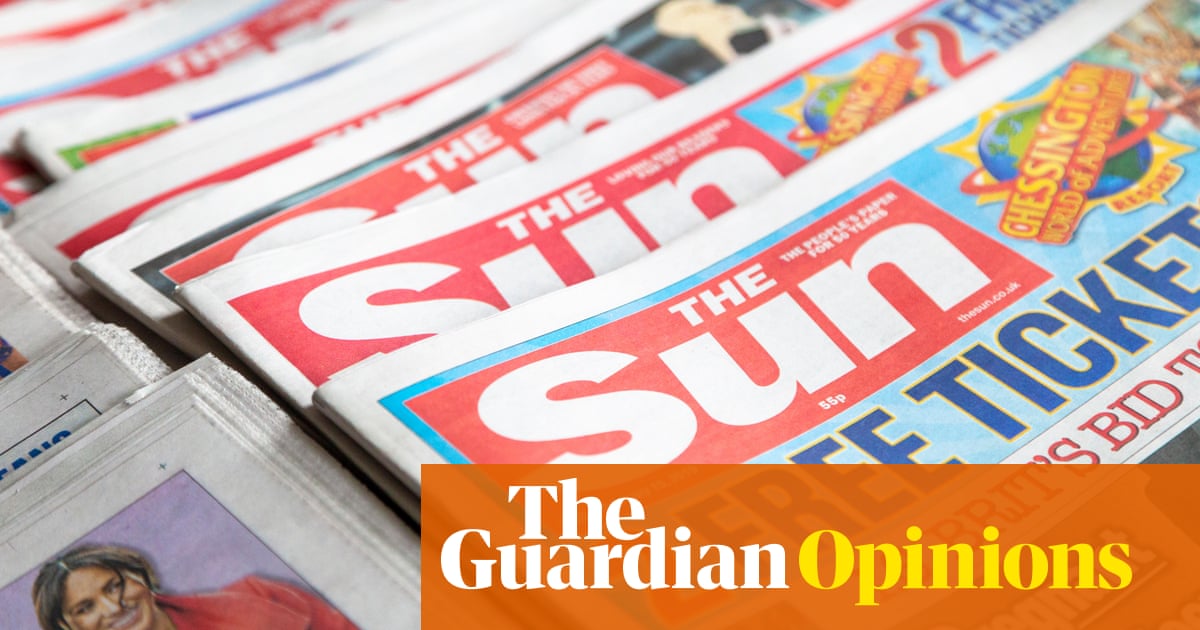
hare prices took a breather on Tuesday, but the wider story is the speediest stock market recovery in history. If you bought a FTSE 100 index tracker fund on 23 March, which we can now call the bottom of the market for the first stage of the Covid-19 crisis, you’ve made a 27% gain in 11 weeks. Other markets, especially the US, have done even better.
And, if you were really cute, brave or lucky, you could have made truly spectacular profits by betting on the most battered stocks – easyJet up 60% in a month, for instance. Perspective is needed, naturally. The FTSE 100, at 6336, is still 1,000 points lower than it was at the end of February. But the point remains: this market rally has been extreme.
Can it last? Anything’s possible, of course. The V-shaped rebound thesis is being reheated in some quarters as economies reopen. It is conceivable (just) that a coronavirus vaccine could be available by the end of this year or early 2021. And, if we’ve learned anything in the last few weeks, it’s that today’s central bankers are pumped-up versions of their predecessors in the 2008 banking crisis. Money floodgates have been opened to near-maximum; some of the cash was bound to slosh up in stock markets when interest rates are near-zero.
Listen, though, to a wise old head – Jeremy Grantham, co-founder of Boston-based fund manager GMO, who has successfully steered a way through most big market events of recent decades. He expressed the disconnect between the stock market and the economy in striking terms in a letter to investors last week: “We are in the top 10% of historical price earnings ratio for the S&P [the broadly-based US index] on prior earnings, and simultaneously are in the worst 10% of economic situations, arguably even the worst 1%!”
Such statistics are hard to ignore, especially when you add Grantham’s key point that uncertainty “in some ways seems the highest in my experience”. He’s talking about the properly big stuff where the virus could finally force real change: “deficiencies in capitalism; inequality; climate change and our environment”, and so on.
If that seems too hazy, try deputy governor Sir Jon Cunliffe’s gritty reminder in a speech on Tuesday that the Bank of England’s analysis last month indicated banks could face credit losses of up to £80bn in the next two years. “The Covid crisis is far from over,” said Cunliffe, a statement that only needed to be made because financial markets are giving the opposite impression.
“Future news about the health crisis and consequent policy measures, or about geopolitical tension, could well spark another very sharp repricing of economic prospects and financial assets,” Cunliffe added, spelling it out.
Grantham’s take feels correct: “The current market seems lost in one-sided optimism when prudence and patience seem much more appropriate.” There are never any certainties with markets, but this rally looks a case of too much, too soon.
Bellway pays its way
Here’s an unusual sight: a major housebuilder that declines to grab a government handout.
Bellway has not accessed the government’s coronavirus job retention scheme, despite being eligible to do so and despite furloughing most of its 3,000 employees during April and May. Instead, it paid full basic salaries itself.
“Housebuilders have benefitted from schemes like Help to Buy,” says chief executive Jason Honeyman. “It seems a bit disingenuous if we now need government support to help with our wages.” He’s not ruling out possibly accessing the scheme in future, but there are “no current plans to claim”. Good stuff.
Chancellor Rishi Sunak, as he counts the huge cost of the furlough scheme, should take note. The job retention scheme was necessarily introduced in a hurry and was designed with broad parameters. Some beneficiaries – such as some of Bellway’s rivals – will turn out not to have needed help. There must be a way to prod and cajole to get a few quid back for the public purse.












